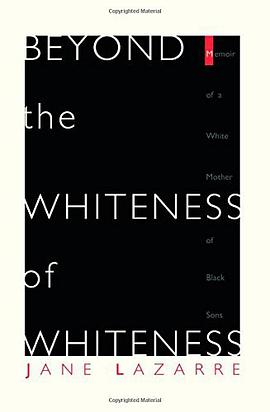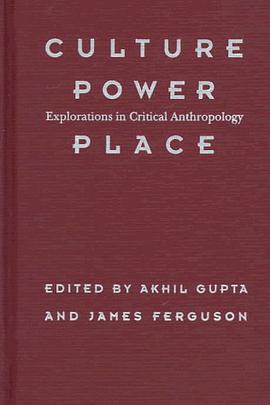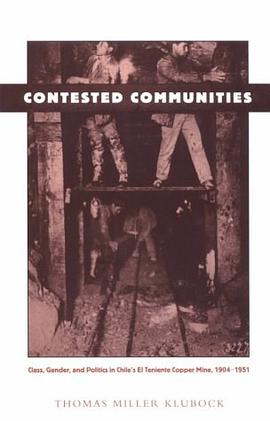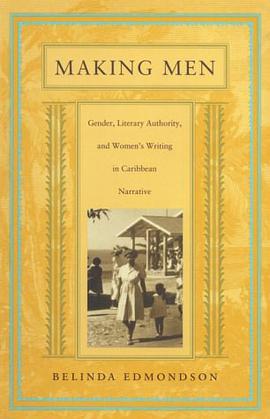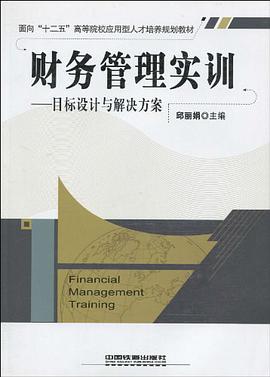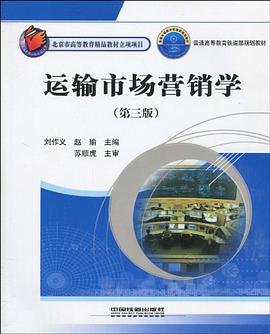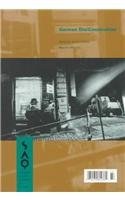

具体描述
The twentieth-century history of few countries has been so profoundly marked by breaks, discontinuities, and ruptures as has Germany's--the radical breaks between the Wilhelmine empire, the Weimar Republic, and the National Socialist period; the "end of history" in 1945 and the dual reconstruction from "Year Zero," followed by the reunification of post-1989 German. This special issue of "South Atlantic Quarterly" focuses on the many dimensions of these discontinuities--social, political, cultural, aesthetic, psychological, and physical--as well as the continuities that are equally, if less apparently, implied by them.
The contributions presented here include Fredric Jameson's "Ramblings in Old Berlin," Gunter Grass's "Lonesome Capitalism," and Peter Weiss's "Aesthetics of Resistance." Among the topics discussed in the volume are the debate over Holocaust memorials in Germany and the significance of their connections to the German past, the problematic continuity that identifies the new unified Germany with the former Federal Republic; the dangers to women posed by the neoliberal project; the legacy of the avant-garde in today's media theory; "Ars nova" and "Doktor Faustus; " nostalgia for the old German Democratic Republic; and reflections on traumatic memory and history as trauma. "Contributors. "Ulrich Baer, Michael Geyer, Gunter Grass, Frigga Haug, Julia Hell, Fredric Jameson, Juliet Koss, Andreas Michel, Martin Morris, Arkady Plotnitsky, Pierra Vidal-Naquet, Peter Weiss, James E. Young
作者简介
目录信息
读后感
评分
评分
评分
评分
用户评价
相关图书
本站所有内容均为互联网搜索引擎提供的公开搜索信息,本站不存储任何数据与内容,任何内容与数据均与本站无关,如有需要请联系相关搜索引擎包括但不限于百度,google,bing,sogou 等
© 2026 book.quotespace.org All Rights Reserved. 小美书屋 版权所有





